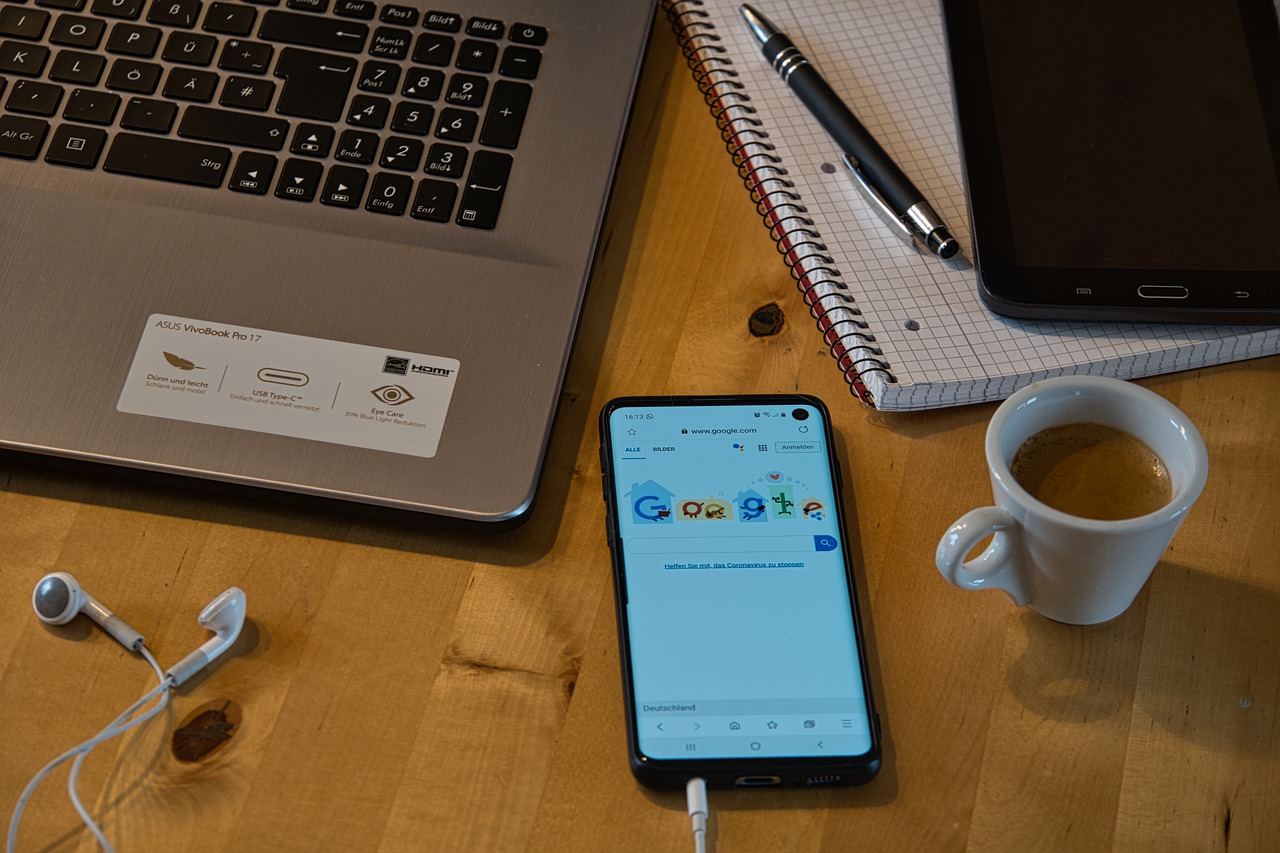A bill has been introduced in the Philippines’ House of Representatives forbidding employers and supervisors from making non-urgent work-related calls or texts to their employees during their breaks.
Unless given consent by their employee, an employer, manager, or supervisor is forbidden from doing the following during rest hours under House Bill No. 10717, or the “Workers’ Rest Law,” filed by Calamba City Rep. Joaquin Chipeco Jr.
- Require the employee to work
- Require the employee to be on duty, to travel, or be at a prescribed place for work or work-related activities, such as attending seminars, meetings, team-building, and other similar activities; or
- Contact the employee for work and work-related purposes by any form of communication, unless it is for the purpose of rendering emergency or urgent work.
“Any period other than the hours of labor” is defined as “rest hours” in the bill. Violators must pay the employee P1,000 per hour of work performed, or a fraction of that amount.
“Studies therefore have shown that under the ‘new normal,’ many workers, particularly those on a work-from-home arrangements basis end up rendering work beyond the maximum hours of work provided by the law. This emerging trend does not augur well for the mental health of the employees, not to mention family solidarity,” Chipeco wrote in the bill’s explanatory note.
“While acknowledging certain exceptions based on the nature of work and task deemed emergency or urgent,” he continued, “this bill tries to protect the letter and spirit of our labor laws, which is to respect mandatory rest hours for our workers and prohibit the various forms of abuse in that connection.”
Read: New Bill That Protects Freelancers in The Philippines
This measure counterparts the bill filed by Senator Francis Tolentino which imposes sanctions on companies that intrudes on employee’s “rest hours” in order to prevent duties and meetings from spilling over into personal time as more people opt for work-from-home arrangements.
Tolentino said in the explanatory note to Senate Bill No. 2475 that remote work arrangements have allowed work to continue despite pandemic measures. Albeit, “Sometimes, technology and work-from-home arrangements distort the idea of work and home from the point of view of the employees.”
“The power of control of the employers now overreaches beyond working hours through the use of phone and email,” he stated.
If implemented into law, the bill will include workers in “all businesses and operations, whether for profit or not.” However, field people, domestic servants, output-based workers, and those in the personal service of another are not covered.
The “Workers Rest Law” requires violators to pay impacted workers P1,000 each hour of work performed during the specified rest hours. Additionally, employers who discriminate against employees who exercise their rights under the act will be subject to a prison sentence of not less than one month and not more than six months, as well as a fine of more than P100,000.
“While we recognize the benefits of work-from-home and telecommuting arrangements, they have thinned the line between work and personal space and time,” Tolentino added.

